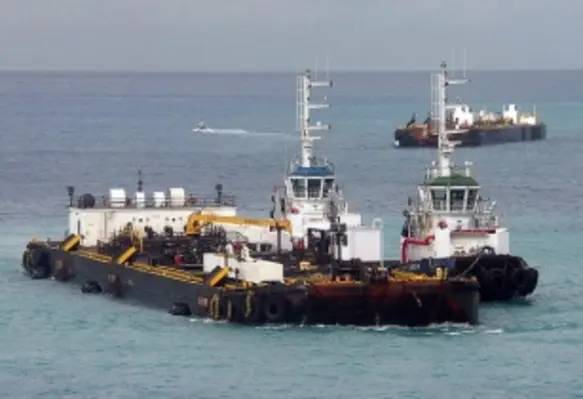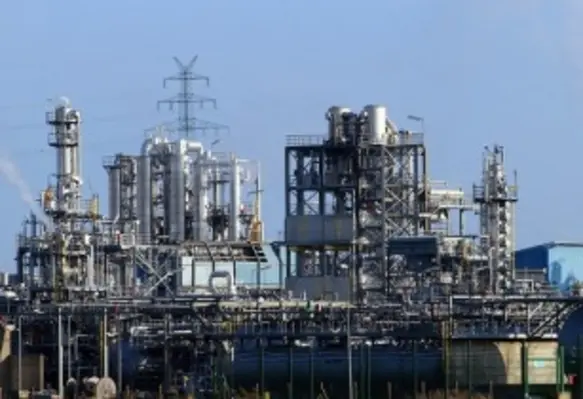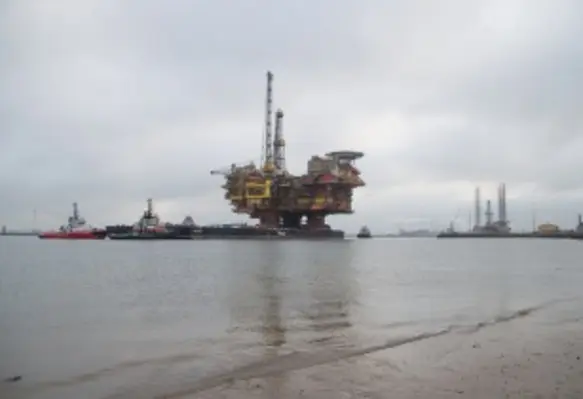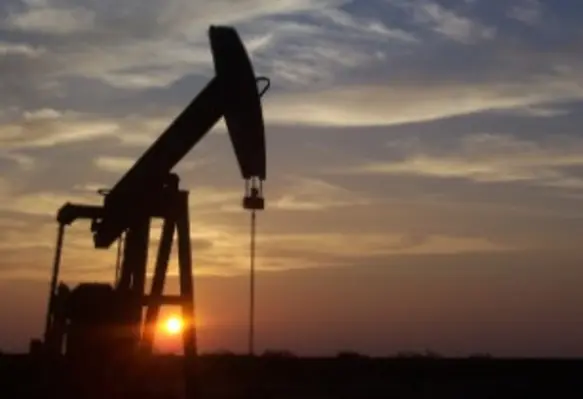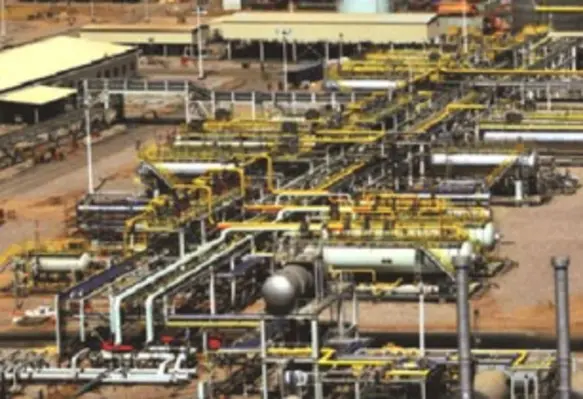Oman Oil Marketing Company has commenced its fuel bunkering operations by barge at Port of Duqm to expand ship-to-ship services in the Sultanate’s maritime logistics hubs
Exploration & Production
Operational excellence delivers ROI in oil and gas industry: Petrotechnics
In a recent survey finding, Petrotechnics, developer of the operational excellence software for the hazardous industries, has revealed that operational excellence (OE) remains central to firms’ enterprise-wide strategies and now delivers tangible results
Sonatrach and BHGE forms new company to boost Algeria’s oil and gas market
Sonatrach and Baker Hughes have announced the creation of a 20,000 sqm manufacturing facility in Arzew Industrial Zone, to strengthen Algeria’s position in upstream oil and gas market to meet local demand
Egypt to offer oil exploration bid in Q1 2018
The Egyptian Ministry of Petroleum and Mineral Resources has announced to offer an oil exploration bid for the oil resources of the Red Sea in Q1 2018
BHGE to supply power generation equipment for Halfaya oilfield in Iraq
Baker Hughes, a GE company, has signed an agreement with PetroChina International Iraq, to deliver Frame 6B gas turbine electric generator trains to the onshore Halfaya oilfield in Iraq






